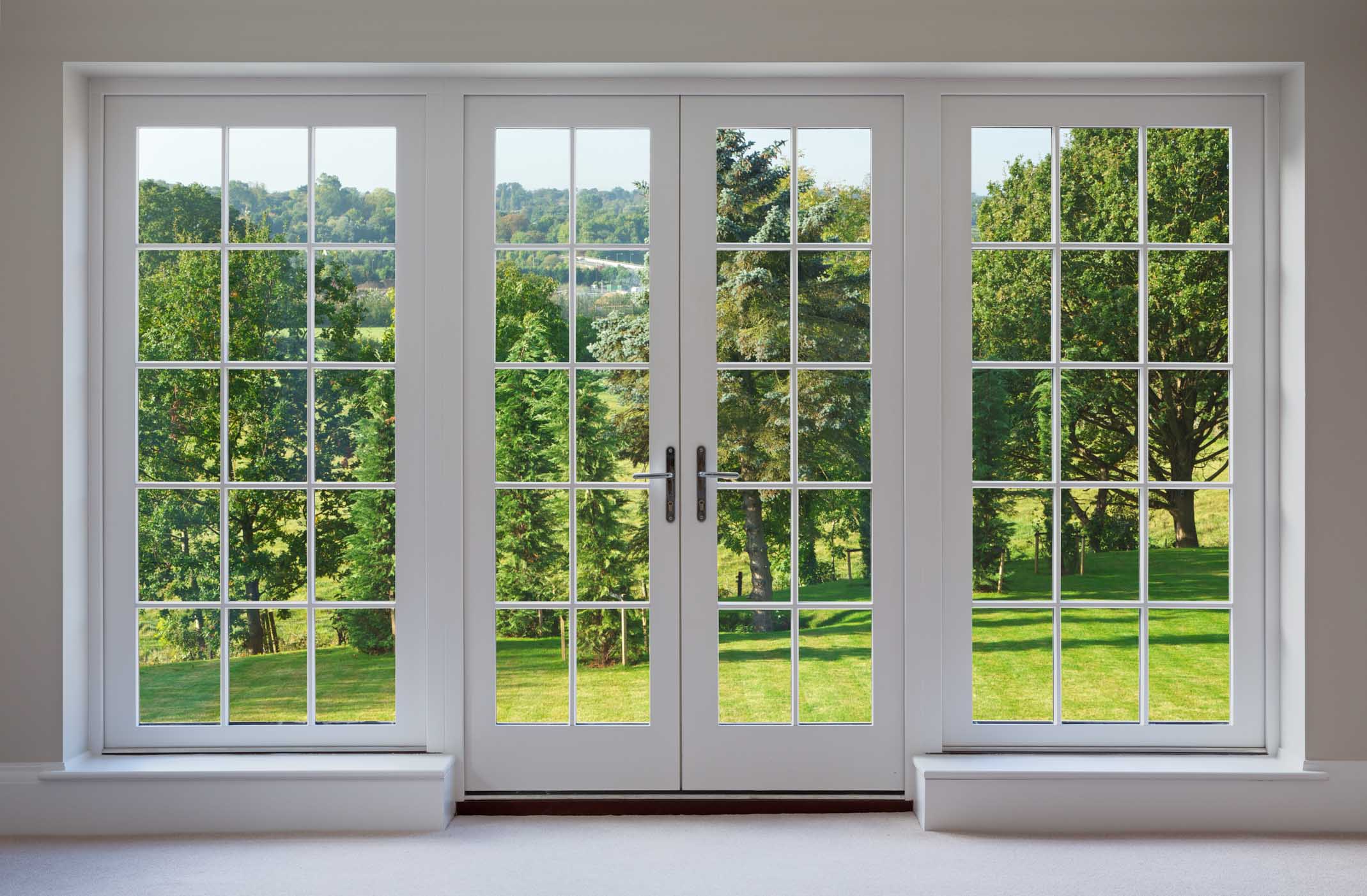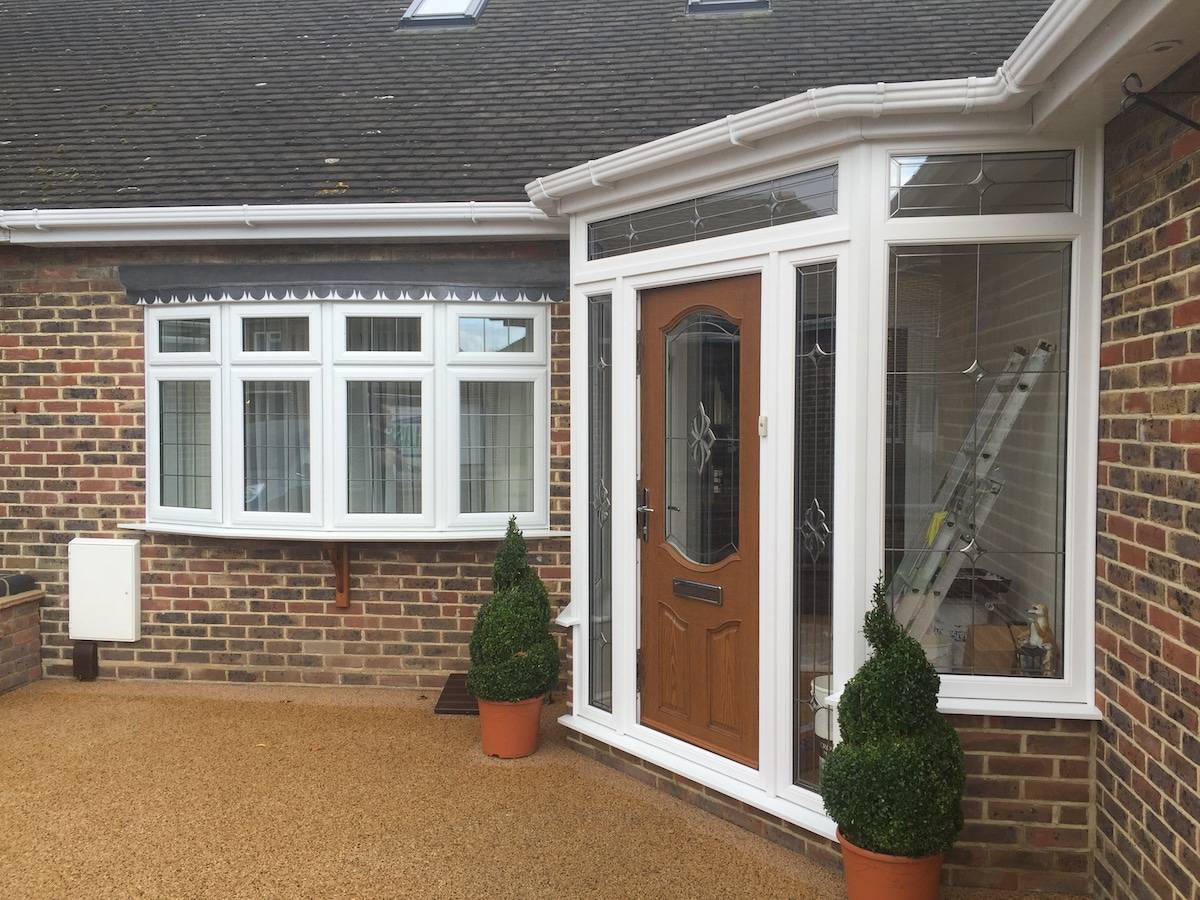All Categories
Featured
Table of Contents
Double Glazed Windows – Their Amazing Benefits For ... in Beechboro Western Australia
That window can send more solar heat in winter season than in summer season. A west-facing window on a summer season's afternoon has an angle of incidence from near 0 as much as 30 with a big efficient area of solar radiation. A north-facing window, in summer season, has a high angle of incidence and a low reliable location of solar radiation, so can transfer less heat than a west-facing one.

You can quickly and quickly enhance the thermal performance of your home by changing your windows. This is one of the most effective methods of renovation to achieve enhanced thermal convenience. There are countless kinds of glass and frames to select from. Picking the best ones is essential to enhancing the energy efficiency of your home.
Carnegie 3163, Vic. Amazing Service By Aps Double Glazing in Spearwood Western Australia
Single glazing with clear glass is not very efficient when it comes to heat loss or gain. To enhance efficiency, you can use single glazing with a more energy-efficient type of glass such as low emissivity (low-e) glass.
Several layers can be put together with sealed cavities between each sheet of glass. IGUs generally provide better energy efficiency than single glazing, since they send less energy. Nevertheless, the energy efficiency of IGUs also depends upon: the properties of each layer of glass. Different glass types (for example, clear and low-e glass) can be assembled in an IGU.
Solace Creations: Home in Mullaloo WA

IGU cavities can be filled with air or a more inert, low-conductivity gas such as argon the width of the cavity. Wider cavities provide lower (much better) U worths, with 12mm usually accepted as the favored gap how well the cavity is sealed.
If argon is installed to the cavity in location of air, moisture is reliably excluded the level of desiccant (drying representative). The spacer (metal or polymer strip) that separates the glass layers contains a desiccant to take in any moisture. Insufficient desiccant may trigger wetness to condense on the glass surface area in cold conditions, reducing thermal efficiency.
How To Retrofit Your Windows With Double Glazing, And Keep ... in Wexcombe Perth
IGUs can deliver much better energy efficiency for all environments, specifically in heated and air-conditioned houses. Cross-section detail of single, double and triple-glazing systems Low emissivity glass (frequently referred to as low-e glass) lowers heat transfer. Low-e glass might be either high or low transmission: High transmission low-e glass has a covering that permits daytime from the sun to pass into the home to achieve excellent solar heat gain, but decreases the quantity of the long wavelength infrared heat that can get away back through the window.
Low-e glass has either a pyrolytic covering or a vacuum-deposited thin movie metal covering. Pyrolytic coverings are resilient and can be used for any glazing; vacuum-deposited coatings are soft and are only used within IGUs. Low-e coatings can substantially enhance both U worth and SHGC; nevertheless, they must be used correctly or they will either weaken or stop working to perform as needed.
Save Energy With Double Glazed Windows in WA Western Australia
Low-e coatings can be used in mix with clear, toned or reflective glass. Low-e finishes on glazing can reduce heat transfer where needed Picture: Department of Industry, Science, Energy and Resources Toned glass has actually colouring additives consisted of during manufacture. It is readily available in different colours, normally bronze, grey, blue and green.
Table of Contents
Latest Posts
Single, Double Or Secondary Glazing, Which Is The Best ... in Leda WA
Double Glazed Windows Brisbane in Lockridge Western Australia
Double Glazing Vs. Triple Glazing: Which Is Worth It? in Palmyra Perth
More
Latest Posts
Single, Double Or Secondary Glazing, Which Is The Best ... in Leda WA
Double Glazed Windows Brisbane in Lockridge Western Australia
Double Glazing Vs. Triple Glazing: Which Is Worth It? in Palmyra Perth